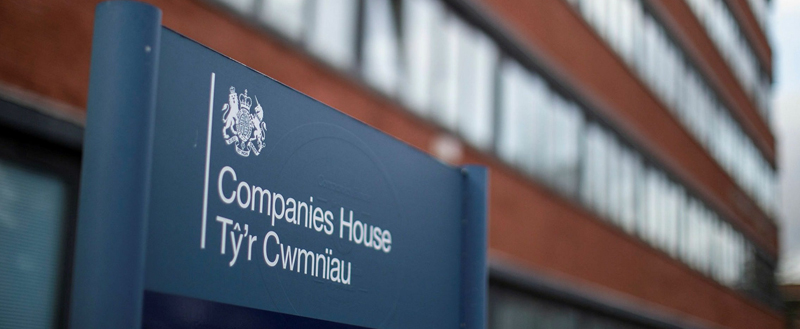
When Becoming a Limited Company Might Be Better
05 June 2025
Tax Efficiency
Once your profits are over £30,000–£50,000, a limited company can help you reduce your tax liability through:
-
Corporation tax (currently 19%–25%)
-
Taking a low salary + dividends structure (dividends are taxed lower than income)
-
Claiming more tax-deductible expenses
Example: A sole trader earning £50k could pay around £9,000+ in tax/NI, while a limited company structure might reduce this by a few thousand pounds depending on how it's structured.
Limited Liability
-
Your personal assets are protected if the business runs into debt or legal issues.
-
You only risk what you invest in the company.
Professional Image
-
Many clients see limited companies as more credible or established.
-
Some larger firms prefer to contract only with limited companies.
Growth & Investment
-
Easier to bring on partners or investors.
-
You can issue shares and formalise ownership structure.
Key Comparison Table
|
Feature |
Sole Trader |
Limited Company |
|
Setup & admin |
Simple |
More complex |
|
Taxation |
Income Tax + NI |
Corporation Tax + Dividends |
|
Liability |
Unlimited (personal risk) |
Limited (company is separate) |
|
Privacy |
High (no public info) |
Low (accounts are public) |
|
Cost |
Low |
Higher (accountant needed) |
|
Professional appearance |
Less formal |
More formal |
|
Profit extraction |
Just withdraw |
Salary + dividends |
Best of Both Worlds?
Some people start as sole traders and switch to a limited company once:
-
Profits grow past £30k–£40k annually
-
They want limited liability protection
-
They plan to scale or hire employees
Final Thoughts
Ask yourself:
-
Do I expect my profits to grow past £30,000–£50,000?
-
Am I exposed to risk that I’d rather not carry personally?
-
Do I need a more professional image for clients or funding?
-
Am I prepared to handle the admin or pay an accountant?